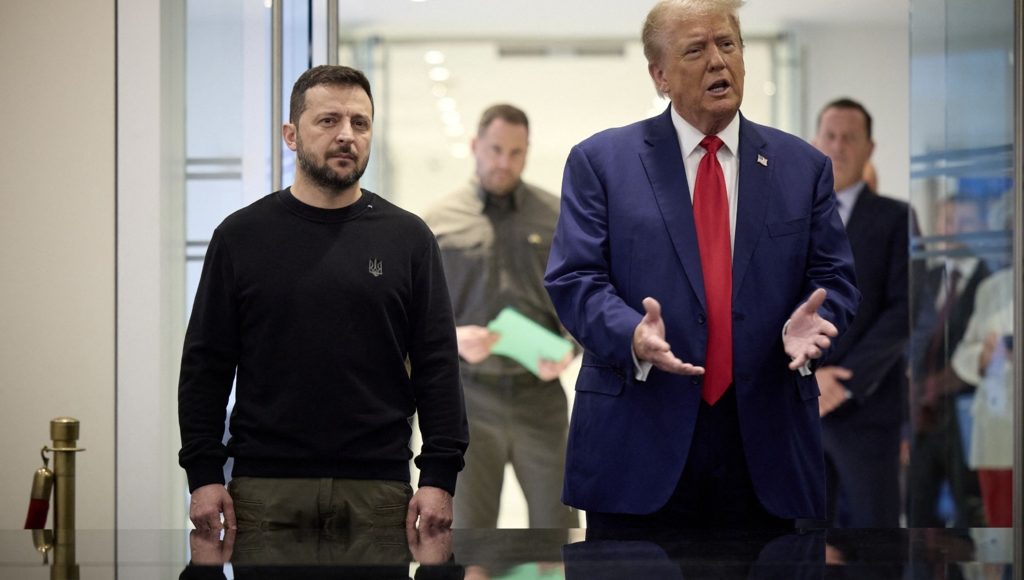The administration of future US President Donald Trump could adopt a similar approach to the “Baltic variant” in the case of Ukrainian territories under Russian occupation. According to American political scientist Adrian Karatnitchi, quoted by “Ukrinform”, this solution could become a reference point for how the Trump administration will manage the conflict with Russia.
Karatnitsky argues that Trump could opt for a ceasefire and end the war, considering a “de facto divorce” between the parties, without officially recognizing Russia’s annexation of the Ukrainian regions. Such an approach would be reminiscent of US policy towards the Baltic states during the Soviet occupation (1940-1991), when Washington systematically refused to accept these territories as part of the Soviet Union.
“The Trump administration could demand the maintenance of sanctions against Russia, but, in parallel, it would postpone Ukraine’s accession to NATO for a considerable period, possibly even 20 years,” Karatnitchi explained.
One possible reason for this cautious policy would be the need to avoid an escalation of international tensions while maintaining stability in relations with European allies. According to the American expert, Trump could refuse to meet Putin’s demands, including the “demilitarization of Ukraine”, which would be unacceptable both politically and from the perspective of the support he has among his supporters.
Karatnitchi also warns that Trump’s team may underestimate the importance of a solution that takes into account the will of the Ukrainian people. In any negotiation, the expert believes, it is essential that the agreements are acceptable to the citizens of Ukraine, not just to the great powers. Another way Trump could exert pressure on Moscow is to use Russian financial resources in Europe, which could be directed towards the purchase of American weapons for Ukraine.
Despite talks of a possible capitulation of Ukraine, Karatnitsky believes that Trump will not adopt such an option. “Capitulation would endanger the stability of Europe and would create a dangerous precedent in changing borders by force,” the political scientist said, explaining that any concession to Russia would inevitably attract a strong reaction from European states.
Moreover, Trump is expected to try to avoid open conflict with European allies, given that the United States needs their support in the face of global challenges from China and other authoritarian regimes. Thus, it seems that Washington will seek to balance support for Ukraine with the need to maintain unity in the face of growing external threats.

